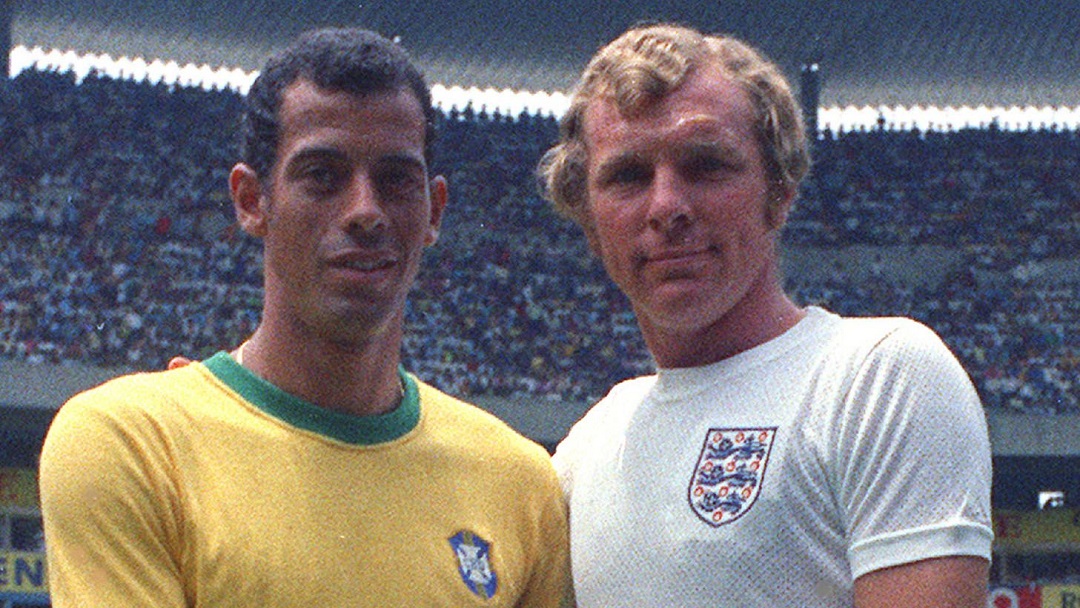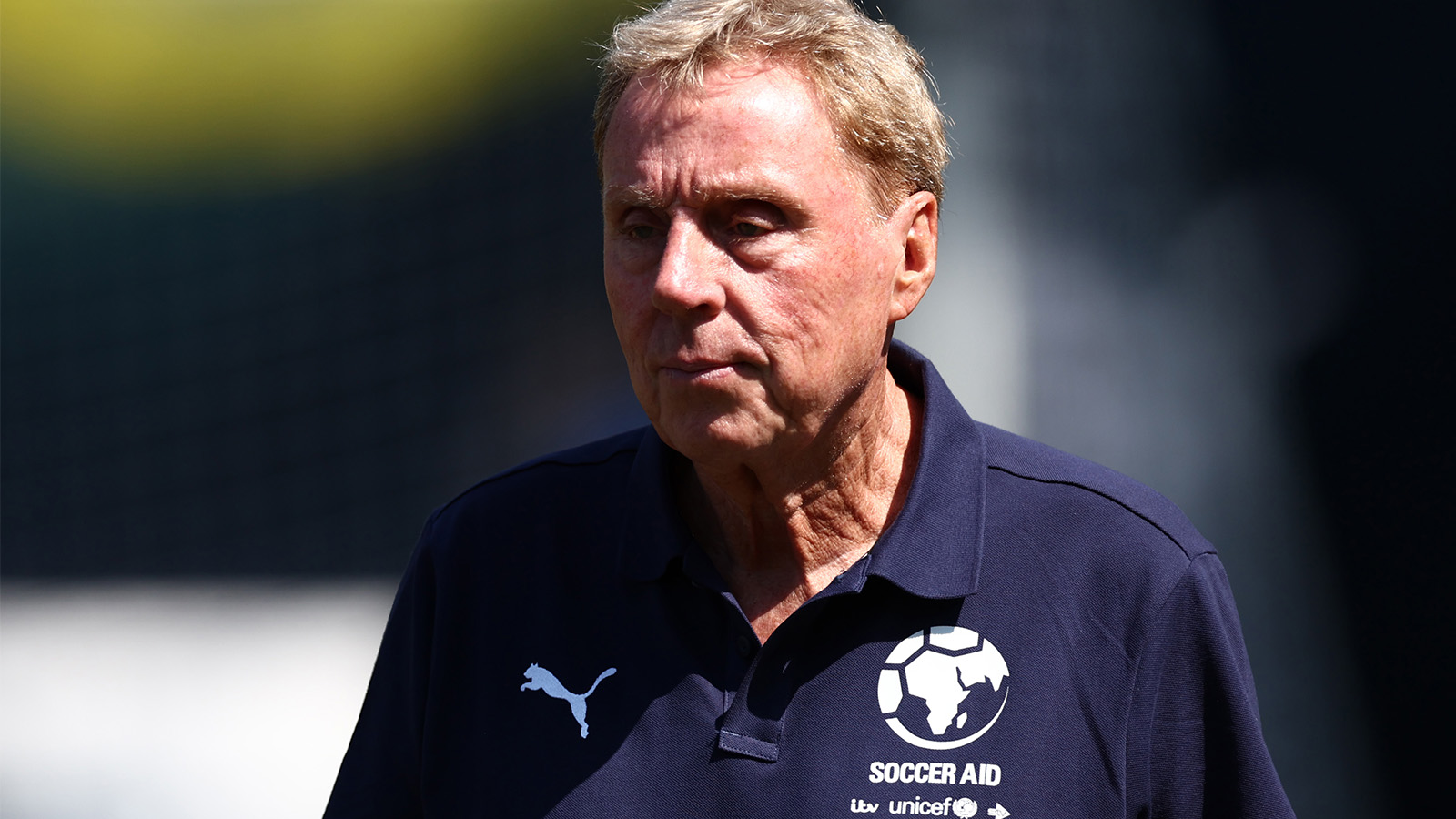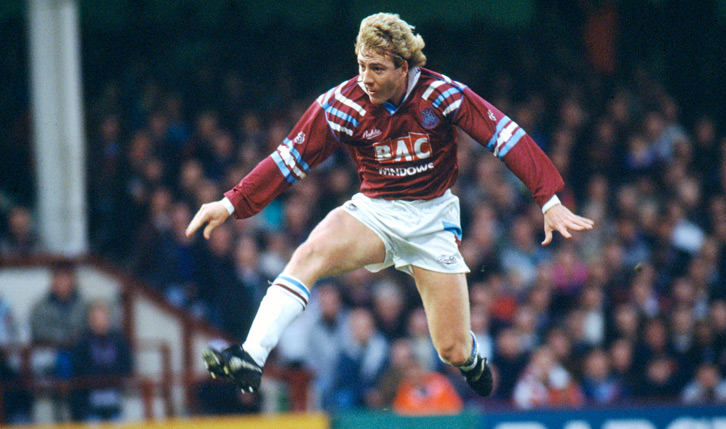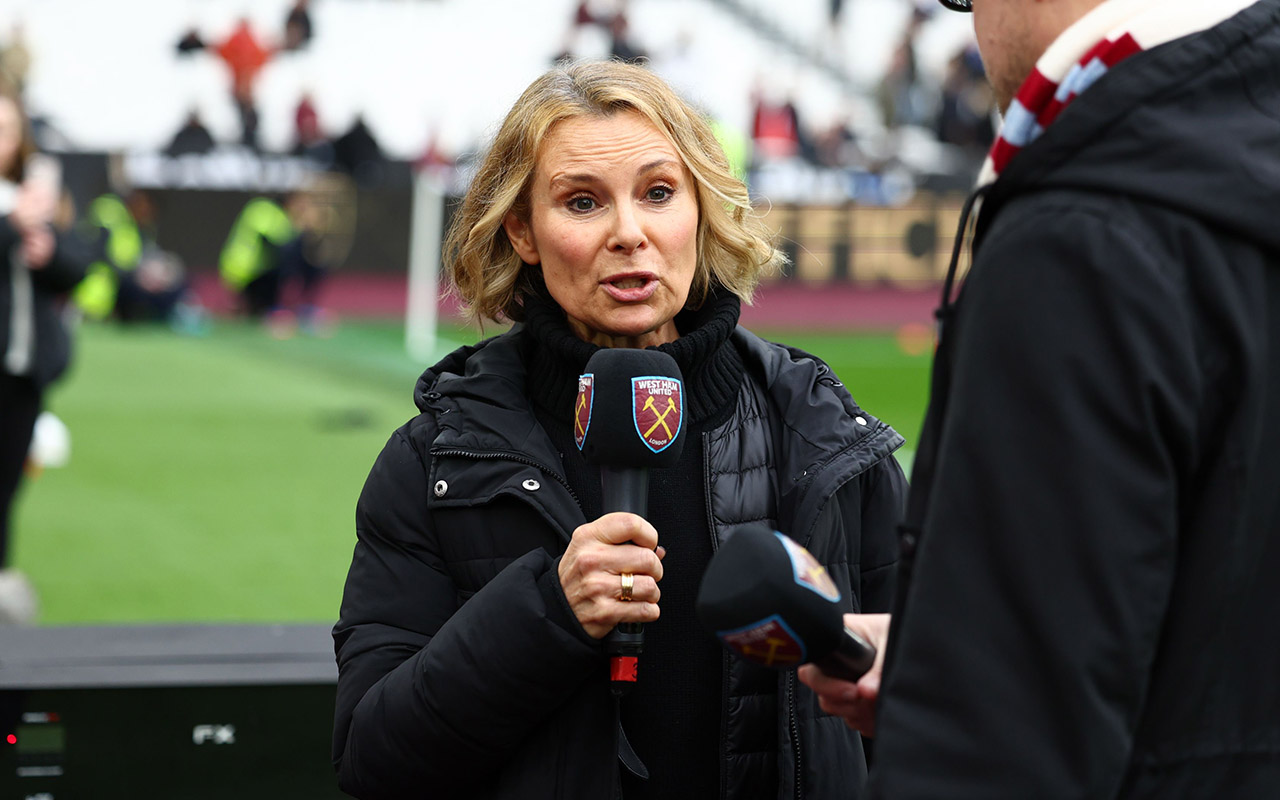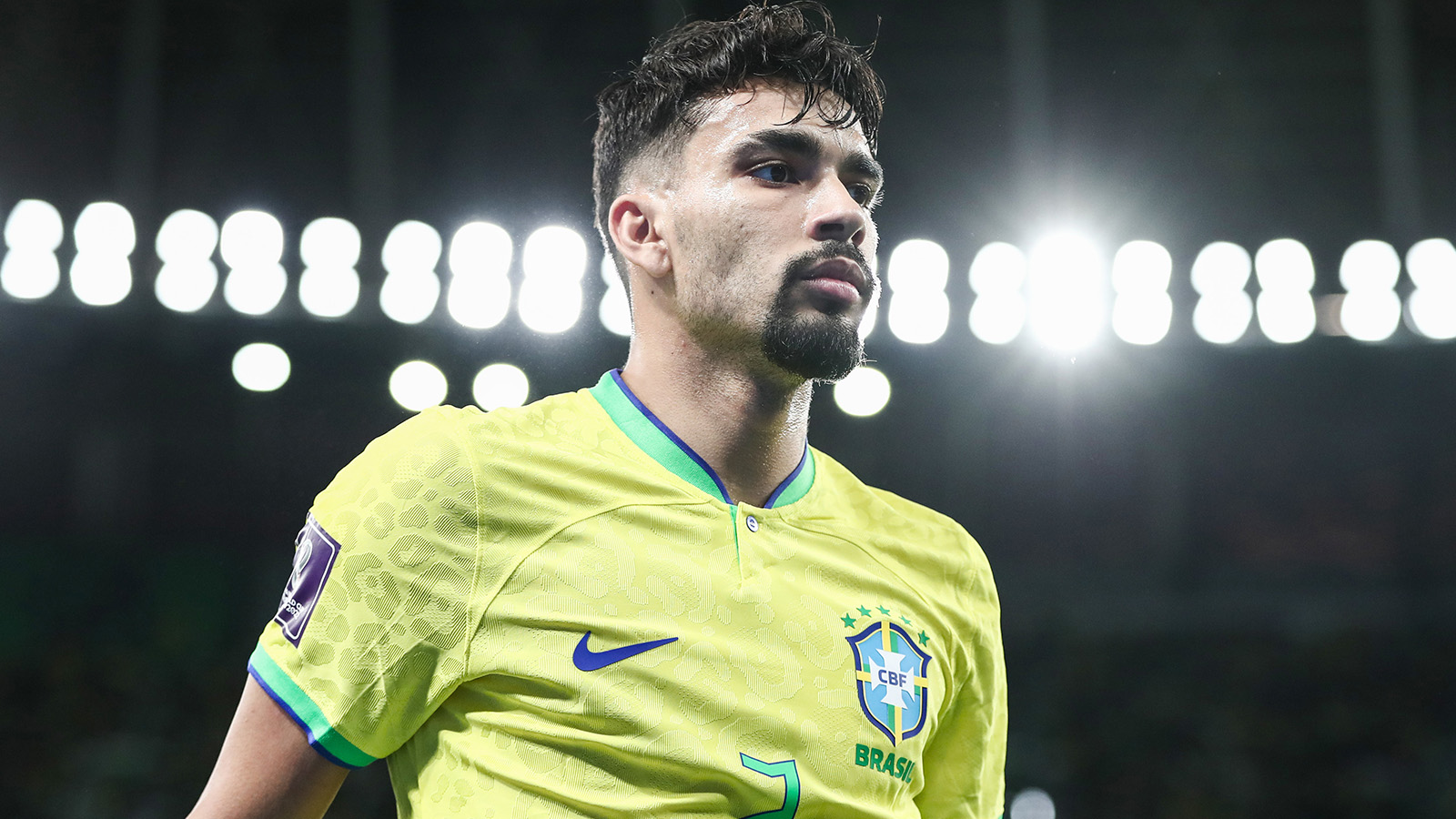Continuing our look back at West Ham United’s presence at previous FIFA World Cups, we feature the Hammers who tried in vain to defend England’s World Cup title at the 1970 finals in Mexico...
West Ham United’s Bobby Moore, Geoff Hurst and Martin Peters played integral roles in securing England’s 1966 FIFA World Cup victory on home turf – and the trio carried the nation’s hopes again when Alf Ramsey’s squad headed for Mexico four years later.
A few months before the finals, however, Peters had moved across London to Tottenham Hotspur in a British record £200,000 transfer that saw a fourth 1966 winner, striker Jimmy Greaves, join the Hammers.
While Peters’ move to one of West Ham’s rivals caused some consternation, it was Moore who endured an even less comfortable preparation for the tournament, when he was arrested in Colombia on an accusation that he had stolen a bracelet from a Bogota hotel.
The squad departed for Mexico without their captain but, with an absence of any evidence and following diplomatic intervention, Moore was freed and joined up with his teammates in Guadalajara.
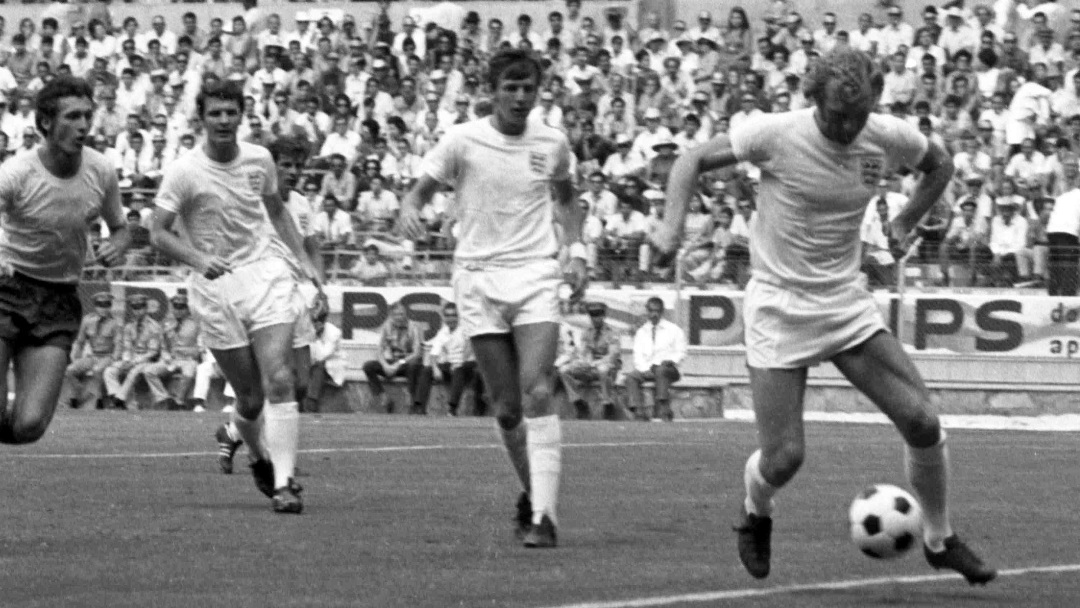
Reunited with his relieved manager and teammates, Moore looked unflustered by his harrowing ordeal as he led England out for their opening Group C match against Romania, where Hurst’s header got England off to a winning start in the rarefied atmosphere of the Jalisco Stadium.
Indeed, the second match saw Moore have one of the greatest games of his career, jousting with a brilliant Brazilian side containing the likes of Pelé, Jairzinho, Tostão and Rivelino. A record crowd of 70,900 witnessed a classic as an England side also containing Hurst missed their chances, while Jairzinho forced goalkeeper Gordon Banks into a first-half wonder save before netting the second half winner that helped him on his way to scoring in every round.
“See you in the final,” recalled Bobby in the book ‘Moore on Mexico’, looking back on the moment when he famously swapped shirts with Pelé after the final whistle.
“I think you will,” replied the legendary No10, who was destined to go on to help his country become the first nation to lift the trophy three times with a 4-1 win over Italy in the final.
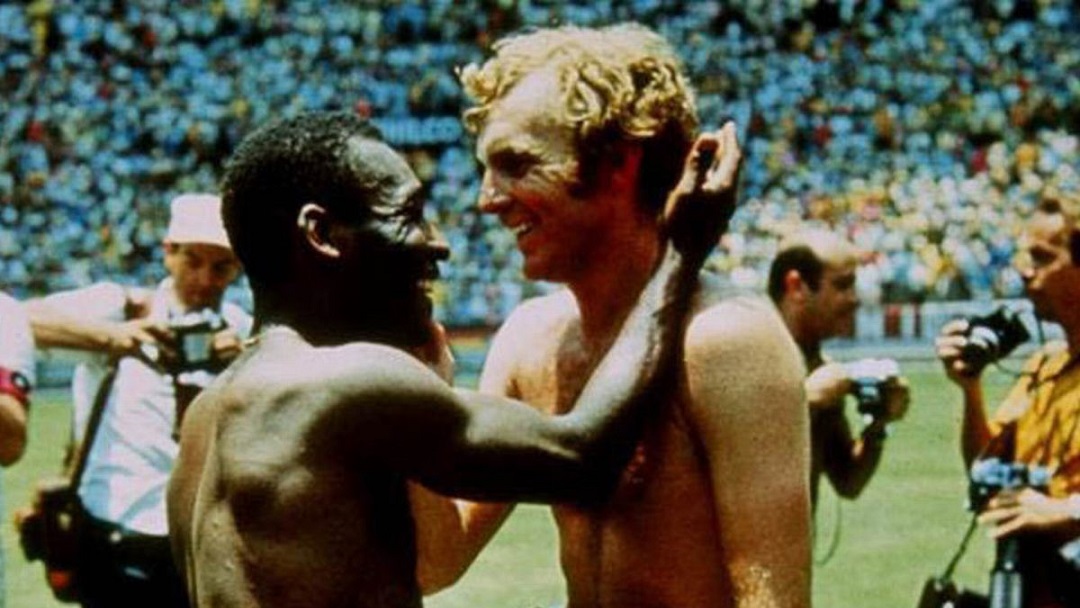
With Hurst rested for the final group game, debutant Allan Clarke scored in a 1-0 win over Czechoslovakia, to set up a quarter-final meeting with 1966 adversaries, West Germany.
Despite the absence of the food-poisoned Banks, Alan Mullery and Peters sent England racing into a 2-0 lead, which was the cue for some of the players to taunt the wilting Germans with cries of ‘Auf Wiedersehen’.
But Franz Beckenbauer pulled one back and after Ramsey withdrew Bobby Charlton and Peters, defeated 1966 captain Uwe Seeler levelled before Gerd Muller nicked a vengeful 3-2 victory in extra-time.
“People said that we had a better side in Mexico than we did in 1966 but good teams win things and the 1970 squad didn’t,” concluded Peters who, like both Moore and Hurst, would never step onto the World Cup stage again.
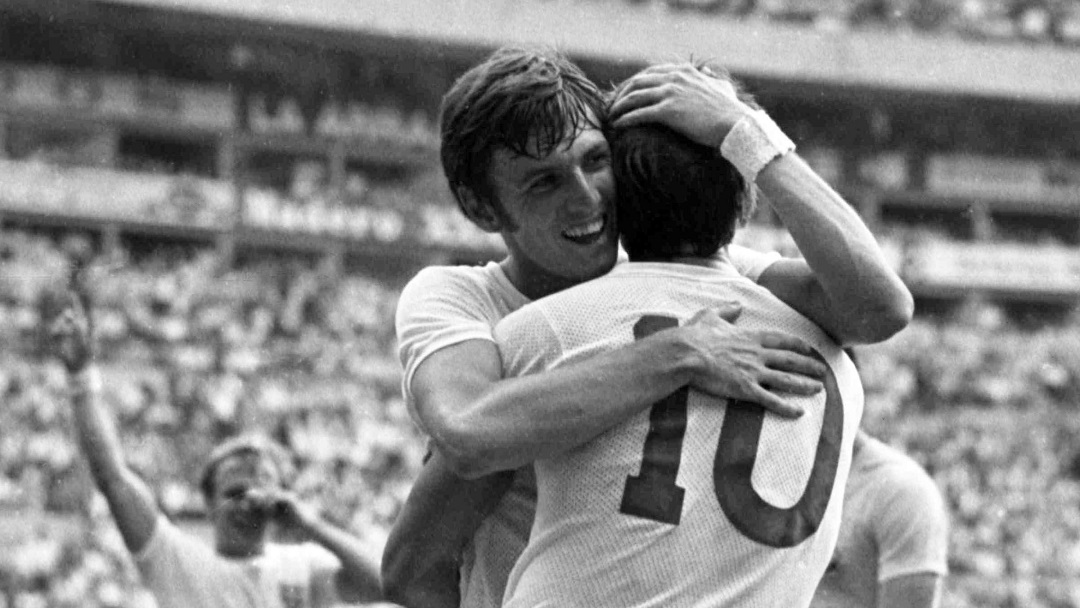
Hurst, who netted 24 goals in 49 England appearances, added without regret: “Despite Mexico, I had a good career and when you’ve scored three goals in a World Cup final you tend to be reasonably happy. I played at a great time for British football, we won the World Cup, Manchester United and Celtic won the European Cup, the crowds were at their height and we had George Best, Bobby Charlton and Jimmy Greaves to name but a few.”
But the final word on Mexico ‘70 goes to Moore: “We had faced a tremendous task in defending our title thousands of miles from home in a strange country, under crippling conditions and, speaking as skipper, I do not see how Sir Alf can be blamed. I will always be frustrated by the events of Bogota and our defeats by Brazil and West Germany. Mexico could have been all so different.”
